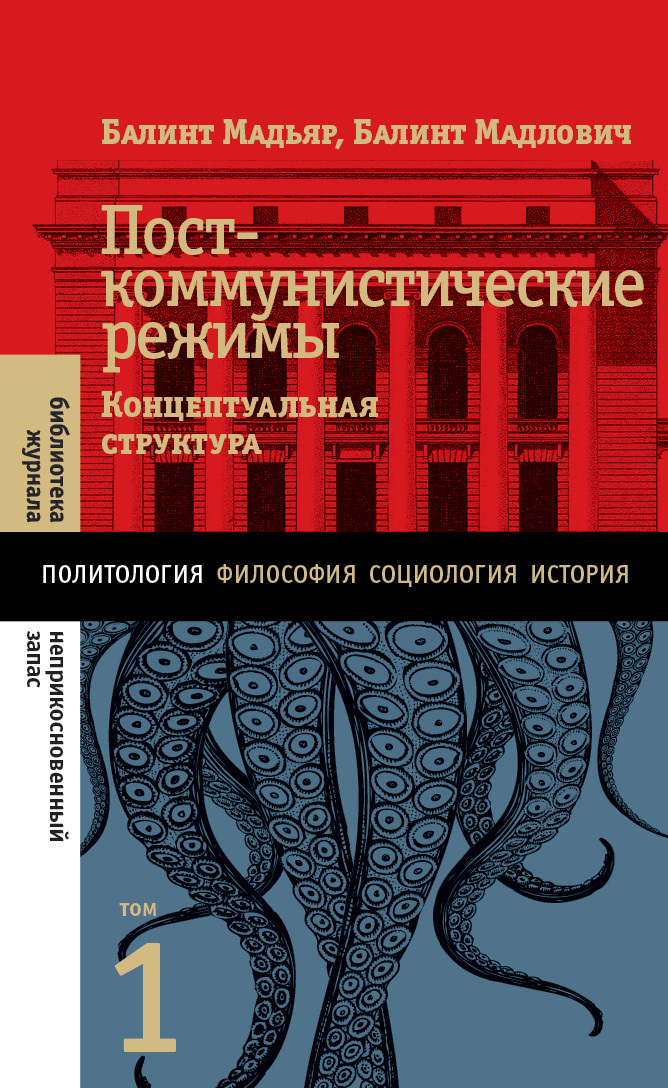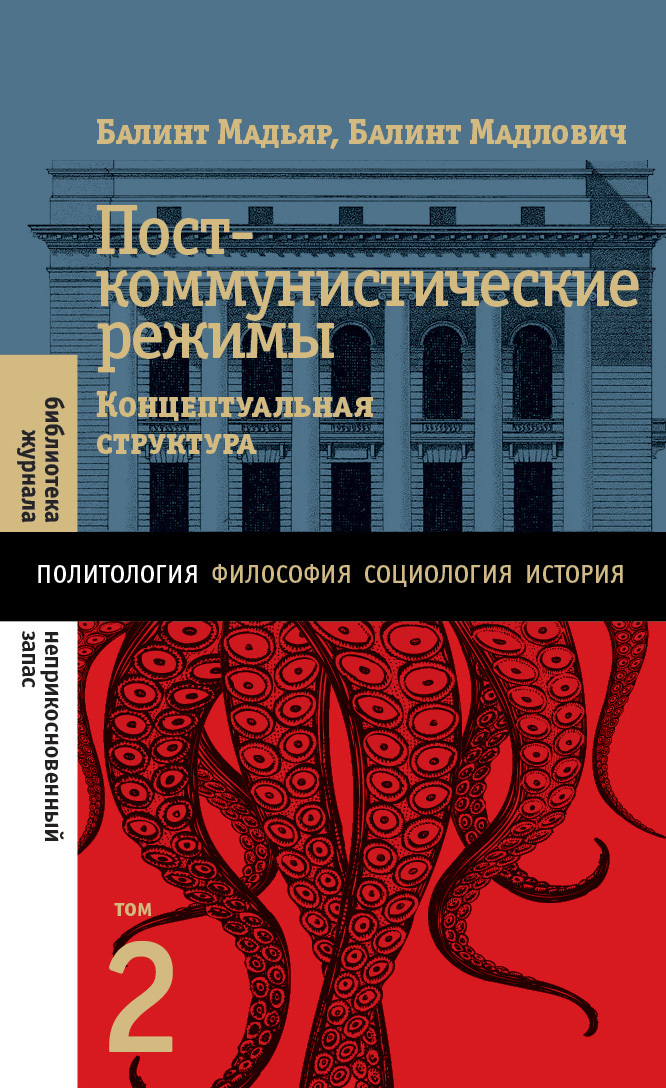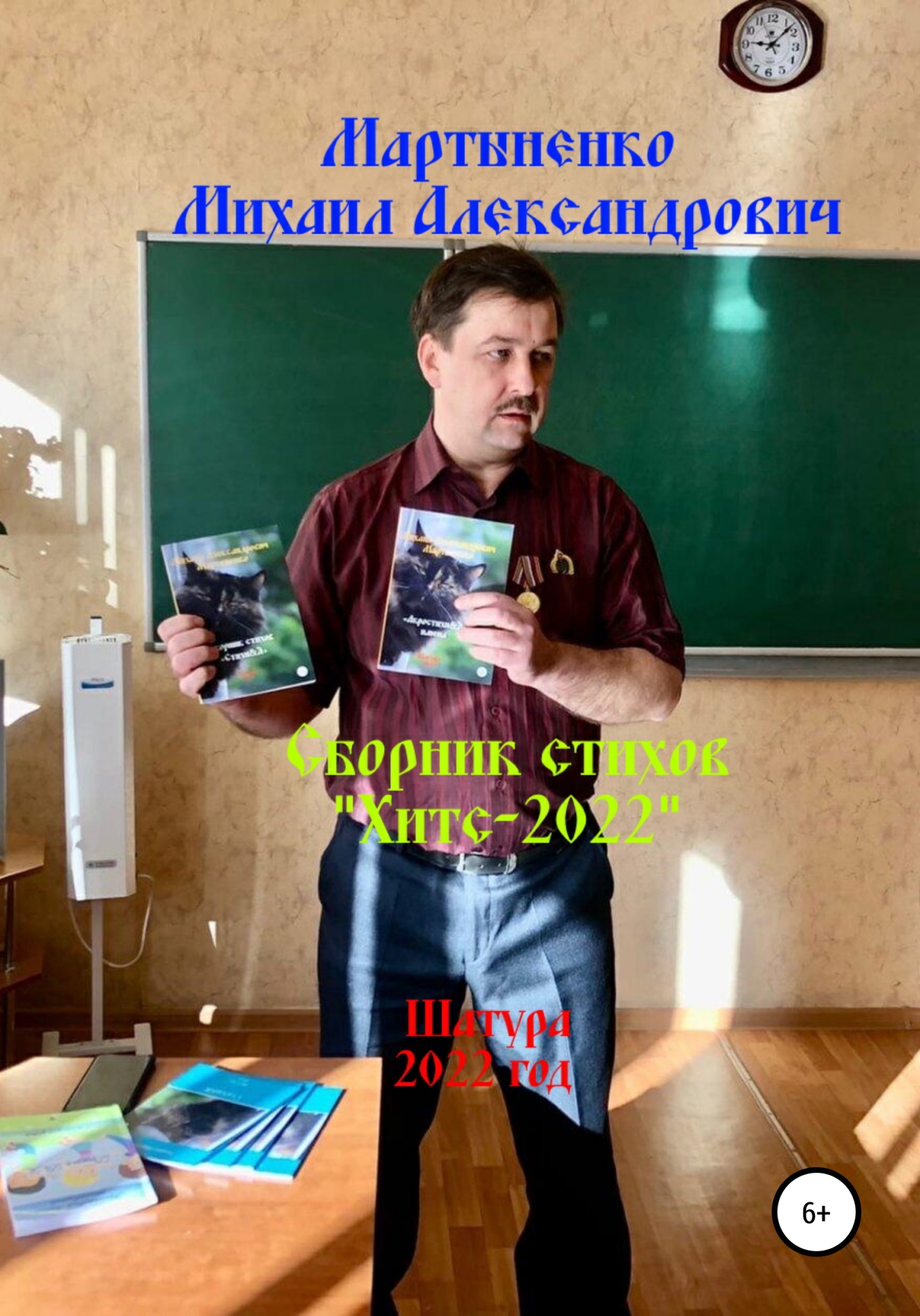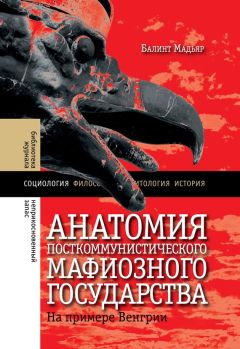Internet Dilemma and Control Policy: Political and Economic Implications of the Internet in North Korea // Korean Journal of Defense Analysis. 2009. Vol. 21. № 3. P. 279–295.
Ensafi R., Winter P., Mueen A., Crandall J. Analyzing the Great Firewall of China Over Space and Time // Proceedings on Privacy Enhancing Technologies. 2015. № 1. P. 61–76.
Qiang X. President Xi’ s Surveillance State // Journal of Democracy. 2019. Vol. 30. № 1. P. 53–67.
Smaele H. de. The Applicability of Western Media Models on the Russian Media System // European Journal of Communication. 1999. Vol. 14. № 2. P. 173.
Haraszti M. Illiberal State Censorship; Vartanova E. The Russian Media Model in the Context of Post-Soviet Dynamics // Comparing Media Systems Beyond the Western World. Cambridge: Cambridge University Press, 2011. P. 119–143; Balogh E. Hungary Quits the Open Government Partnership in a Huff // Hungarian Spectrum (blog). 09.12.2016. URL: http://hungarianspectrum.org/2016/12/08/hungary-quits-the-open-government-partnership-in-a-huff/.
Этот последний аспект особенно важен в режимах со смешанными избирательными системами.
Vásárhelyi M. The Workings of the Media: A Brainwashing and Money-Laundering Mechanism // Twenty-Five Sides of a Post-Communist Mafia State. P. 501–504; Zassoursky I. Media and Power in Post-Soviet Russia. Routledge, 2016.
Vartanova E. The Russian Media Model in the Context of Post-Soviet Dynamics. P. 135.
В отношении (оппозиционных) журналистов совершались акты насилия, включая физическое насилие, а также было зарегистрировано несколько загадочных смертей. (См.: Oates S. The Neo-Soviet Model of the Media. P. 1293–1295). Такие методы можно рассматривать как частные случаи вытеснения.
Judah B. Fragile Empire: How Russia Fell In and Out of Love with Vladimir Putin. New Haven; London: Yale University Press, 2014. P. 42–46.
Mindent Beborít a Fidesz-Közeli Média // Mérték. 25.04.2019. URL: https://mertek.atlatszo.hu/mindent-beborit-a-fidesz-kozeli-media/.
Kovács Z. Fidesz’ s Media Empire Just Became Even More Centralised// Index.hu. 08.03.2019. URL: https://index.hu/english/2019/03/08/kesma_fidesz_media_government_centralisation_propaganda_liszkay_mediaworks_meszaros/. Краткое описание положения СМИ в Венгрии см.: Conclusions of the Joint International Press Freedom Mission to Hungary // European Centre for Press and Media Freedom (ECPMF). 03.12.2019. URL: https://www.ecpmf.eu/files/hungary_conclusions_-_international_mission.pdf.
Bátorfy A., Urbán Á. State Advertising as an Instrument of Transformation of the Media Market in Hungary // East European Politics. 07.09.2019. P. 1–22.
Rényi P. D. Ez Nem Újságírás, Ez Politikai Nehézfegyverzet [Это не журналистика, это политическая тяжелая артиллерия] // 444 – Tldr (blog). 18.05.2017. URL: https://tldr.444.hu/2017/05/18/fideszmedia.
Кто-то может возразить, что венгерский телеканал RTL по-настоящему политически активен, по крайней мере в том, что касается его службы новостей. Однако канал был политически нейтральным до 2014 года, когда он был обложен дискреционным налогом [♦ 5.4.3] в рамках централизованной попытки хищничества [♦ 5.5.4]. После того, как попытка не удалась, в основном из-за серьезной немецкой поддержки канала, RTL начал передавать больше негативных новостей о правительстве и особенно коррупционных делах. См.: Vásárhelyi M. The Workings of the Media. P. 517–519.
Máriás L. et al. An Illiberal Model of Media Markets – Soft Censorship 2017 // Mérték Booklets. Budapest: Mérték Media Monitor, 2018. URL: http://mertek.eu/wp-content/uploads/2018/08/MertekFuzetek15.pdf.
Vásárhelyi M. The Workings of the Media. P. 503.
Ibid.
Bátorfy A. How Did the Orbán-Simicska Media Empire Function? // Kreatív (blog). 09.04.2015. URL: http://kreativ.hu/cikk/how_did_the_orban_simicska_media_empire_function.
Pomerantsev P., Weiss M. The Menace of Unreality: How the Kremlin Weaponizes Information, Culture and Money. New York: Institute of Modern Russia, 2014. URL: http://www.interpretermag.com/wp-content/uploads/2014/11/The_Menace_of_Unreality_Final.pdf.
Khaldarova I., Pantti M. Fake News: The Narrative Battle over the Ukrainian Conflict | // Journalism Practice. 2016. Vol. 10. № 7. P. 891–901; Pomerantsev P. This Is Not Propaganda: Adventures in the War Against Reality. New York, NY: Public Affairs, 2019.
Duffy N. Internet Freedom in Vladimir Putin’ s Russia: The Noose Tightens // AEI Paper & Studies. 01.01.2015. B 1.
Kurowska X., Reshetnikov A. Neutrollization: Industrialized Trolling as a pro-Kremlin Strategy of Desecuritization // Security Dialogue. 2018. Vol. 49. № 5. P. 345–363.
Ibid. P. 352–357; Fidesz Online Army Is Commanded Right from the Party Headquarters // The Budapest Beacon. 31.01.2018. URL: https://budapestbeacon.com/fidesz-online-army-commanded-right-party-headquarters; Dezső A., Panyi S. We Are Not Paid Agents of Russia, We Do It out of Conviction // Index.hu. 30.01.2017. URL: http://index.hu/belfold/2017/01/30/we_are_not_paid_agents_of_russia_we_do_it_out_of_conviction/.
Tarrow S. Power in Movement: Social Movements and Contentious Politics. Cambridge: Cambridge University Press, 2011.
Мы в долгу перед Майклом Зеллером за рекомендации к этой части.
Hung C.-T. Mao’ s Parades: State Spectacles in China in the 1950s // The China Quarterly. 2007. № 190. P. 411–431.
Robertson G. Society: Protest, Civil Society, and Regime in Putin’ s Russia // Slavic Review. 2009. Vol. 68. № 3. P. 528–547; Gerő M., Kopper Á. Fake and Dishonest: Pathologies of Differentiation of the Civil and the Political Sphere in Hungary // Journal of Civil Society. 2013. Vol. 9. № 4. P. 361–374.
Подробнее о мобилизующих структурах см.: McAdam D., McCarthy J. D., Zald M. N., eds. Comparative Perspectives on Social Movements: Political Opportunities, Mobilizing Structures, and Cultural Framings. Cambridge: Cambridge University Press, 1996. Демобилизацию в литературе описывают, как правило, термином «репрессии» (пример метаанализа см.: Earl J. Political Repression: Iron Fists, Velvet Gloves, and Diffuse Control // Annual Review of Sociology. 2011. Vol. 37. № 1. P. 261–284). Мы предпочитаем





